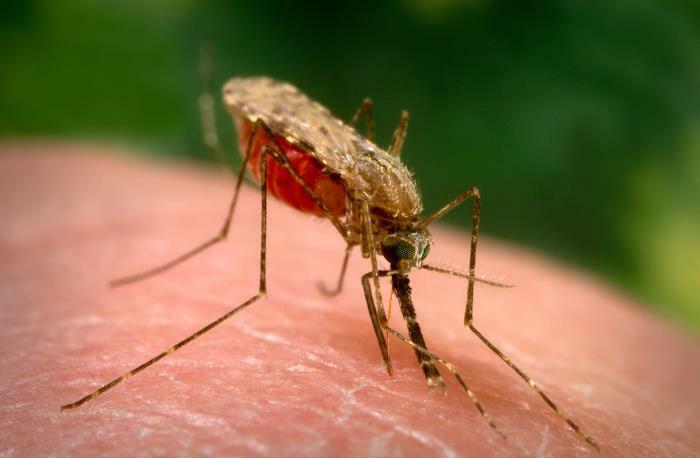
A study sheds new light on the genetic factors driving insecticide resistance in Anopheles arabiensis, an outdoor-biting mosquito that is a major carrier of malaria in many disease-endemic countries.
The new research, led by Dr Eric Lucas at Liverpool School of Tropical Medicine and published in PLOS Biology, helps to pave the way for more effective screening of resistance in An.arabiensis.
Understanding the genetics of insecticide resistance in the mosquitoes that transmit malaria is crucial for the deployment of informed and effective malaria control measures.
Most of the work in this field has focused on indoor-biting species such as An. gambiae and An. funestus, as in most regions of Africa they are the primary carriers of malaria. However, outdoor-biting species such as An. arabiensis are the major vector in many areas, particularly as indoor-based interventions are reducing levels of indoor transmission.
The team behind the study investigated the genetic mechanisms that underpin insecticide resistance by conducting whole genome sequencing to compare mutations between resistant and susceptible mosquitoes.
In this study, researchers exposed An.arabiensis mosquitoes from Tanzania to two insecticides – deltamethrin, used in bednets, and pirimiphos-methyl, which is used to spray the inside of houses. Their findings show striking parallels with the resistance found in other indoor-biting mosquitoes, while also discovering a new group of genes playing a role in resistance to pirimiphos-methyl. This suggests it could be an important mutation in explaining resistance.
The new findings contribute to growing scientific understanding of the genetic drivers of insecticide resistance, which will help to inform the choice of insecticides that will best control mosquito populations and reduce the spread of disease.
Dr Lucas said: “We can’t stop mosquitoes from evolving insecticide resistance. But by understanding the genetic and evolutionary process involved in the spread of resistance, we hope to be able to better manage and forestall it, resulting to more effective control programmes.”
The study also involved researchers from the National Institute for Medical Research, Amani Research Centre in Tanzania, the University of Cape Coast in Ghana, the University of Ghana, the University of Oxford and the Wellcome Sanger Institute.